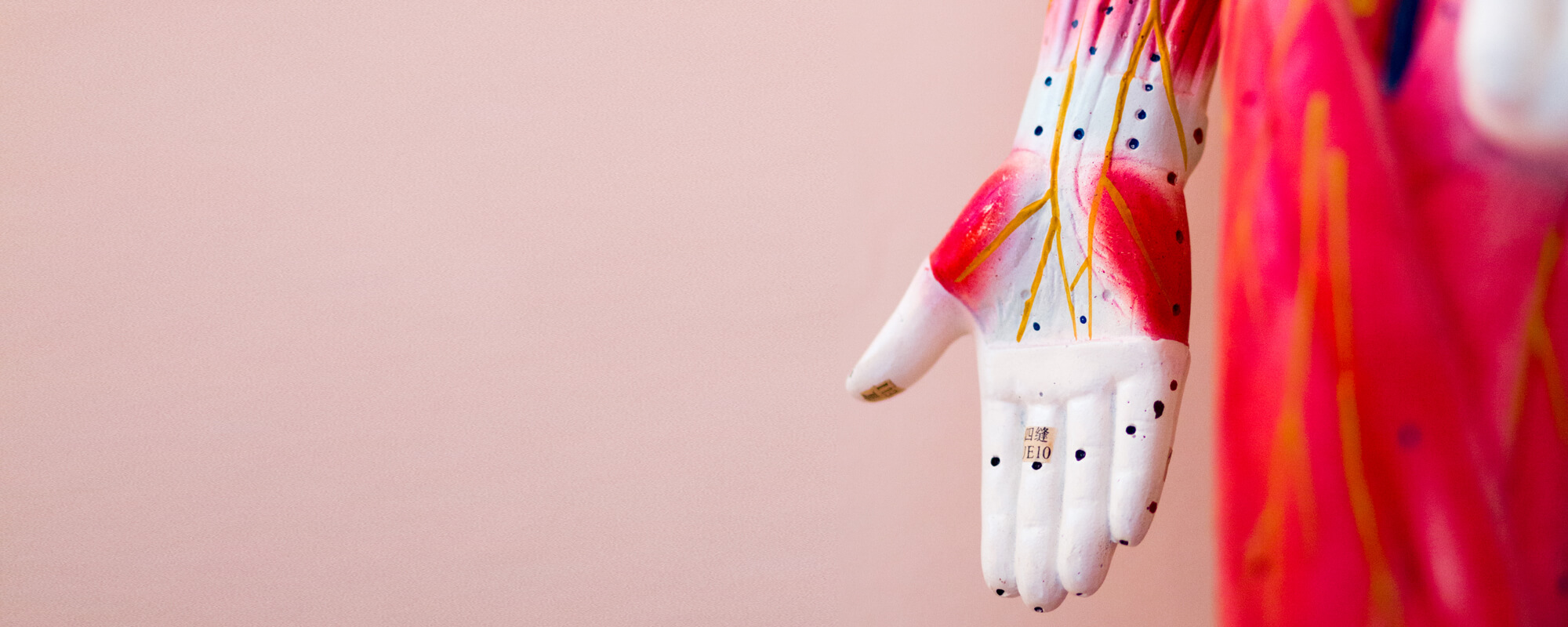
Traditional Chinese Medicine (TCM) is a complete medical system that has been around for nearly 3,000 years. It combines nutrition, herbs, acupuncture and other modalities to help keep the body functioning properly, while also treating any ailments that might occur. TCM has been used to treat both men and women, regardless of their age, and TCM is frequently becoming the medical choice for those who prefer to use holistic forms of medicine to heal themselves.
There are certain health issues more prevalent in men than women, and many of these conditions can be easily controlled or treated using Traditional Chinese Medicine. Afflictions such as high blood pressure, depression, urinary issues, stress and prostate problems are just a few of the issues that are more frequently seen in men than women. And these issues, along with many others, respond very favorably to acupuncture and TCM.
Prostate issues are a prominent concern for men. From enlarged prostates to prostate cancer, this area of the body gets a lot of attention. One of the most common problems facing men is benign prostatic hyperplasia or what is commonly called the enlarged prostate. An enlarged prostate often leads to bladder, kidney and urinary problems, especially urinary retention. This is very easily controlled with acupuncture and herbs because the combination of the two help alleviate the inflammation of the prostate allowing the urine to flow freely.
Cardiovascular disease is another big concern for men and it is the leading health threat to men. Acupuncture has been found to be particularly beneficial in lowering blood pressure, which often helps prevent cardiovascular disease. Acupuncture stimulates the release of natural opioids in the body, which then decreases the heart’s activity and lowers the need for excess oxygen. All of this lowers blood pressure.
Another area where men need more help is dealing with mental health issues and depression. Men are much less likely to discuss their feelings and emotions, which can frequently lead to depression and even thoughts of suicide. In fact, men are four times more likely to commit suicide than women. Acupuncture helps balance the chemicals released by the brain and the hormones released by the endocrine system. All of these imbalanced chemicals can lead to mental health issues that manifest over time.
Insomnia and sleep-related disorders are another major concern for men. Acupuncture has been shown to be beneficial at restoring balance and allowing the body to relax and rejuvenate. In fact, acupuncture often times outperforms many prescription and over-the-counter sleep aids.
Men tend to suffer from pain more than women, just because their jobs can be more physical. It is statistically shown that men are less likely to seek out help when they experience pain, as they don’t want to appear weak. This is where something like acupuncture can be a great asset for men. Regular acupuncture treatments as preventive medicine can help keep them in top shape, thus avoiding aches, pains, strains and pulls.
Fertility is not something that usually comes to mind when it comes to men’s health issues. However, stats show that 35-40 percent of all fertility issues are male conditions. Studies have shown acupuncture and Chinese herbs are very effective at improving sperm quality and the instructional integrity of the sperm. This is why many acupuncturists who focus on fertility issues treat both the male and the female as a team.
Lastly, acupuncture is a great way to combat digestive issues frequently related to added stress and this occurs more in men than it does in women. The most common digestive disorder is heartburn or acid reflux, which is usually caused by stress and poor diet. When stress levels are decreased, then stomach acid can decrease also, thus alleviating heartburn.
These are just a few of the issues acupuncture can help with when it comes to men’s health. But it is easy to see why choosing acupuncture to help keep the body in alignment is a great option, especially for men. Call Heidi today to get on the schedule.


